-
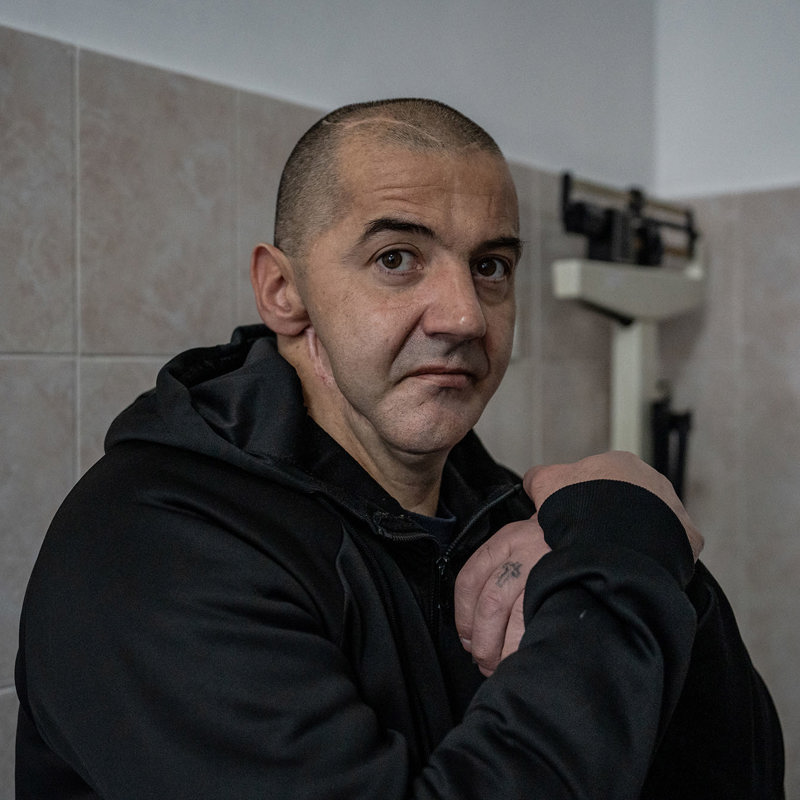
For nearly 30 years Ion Popescu was a heavy drug user, and the scars of his decades-long addiction remain very visible today. After being hit by a train in Moscow while using drugs, Ion now walks with a limp and the help of a crutch. A deep scar runs...
-
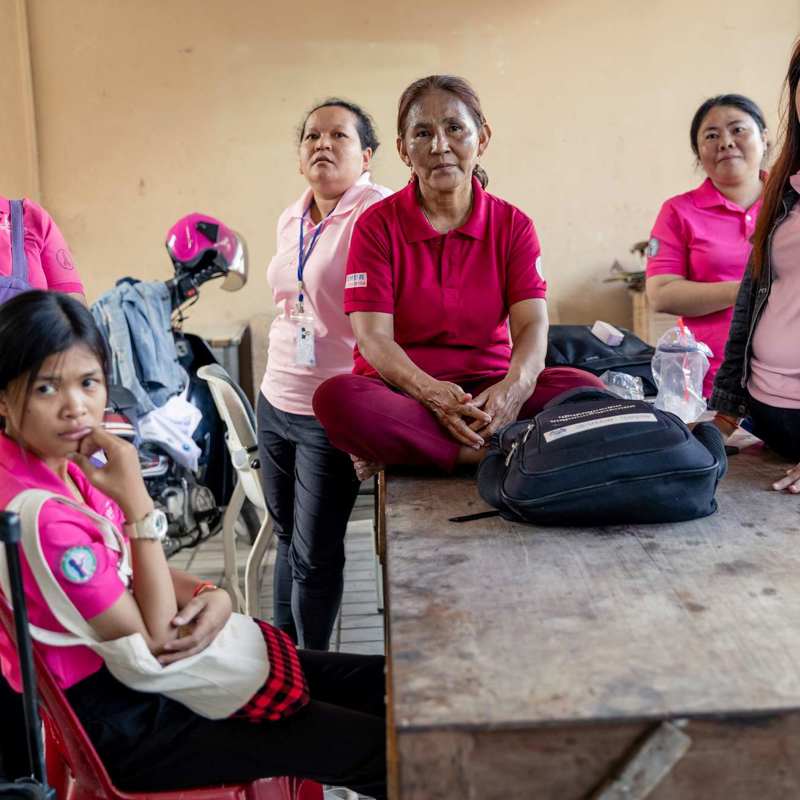
Ly Rithy is at home in the cheerful company of her granddaughters, 7-year-old Tiya and 12-year-old Srey Pin. Nestled away from the high-energy hum of the main avenues of the Toul Sangke neighborhood in Phnom Penh, Cambodia, Rithy’s home is found at t...
-
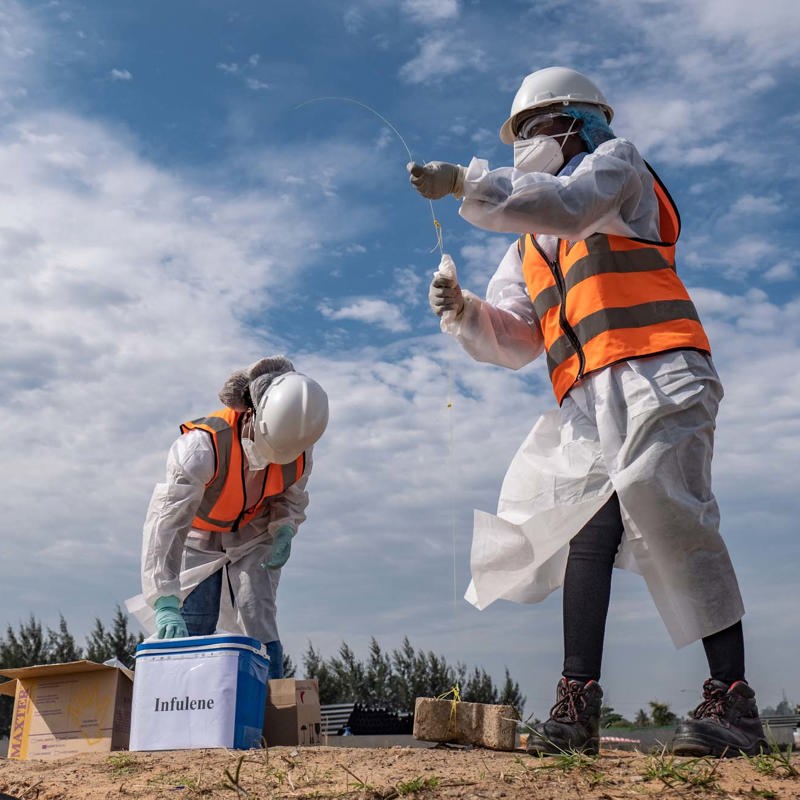
Health researcher Dr. Diocreciano Matias Bero leads the Wastewater Environmental Monitoring Program at Mozambique’s National Institute of Health. He recognizes that most people are turned off by what goes down the toilet – but studying that waste is ...
-
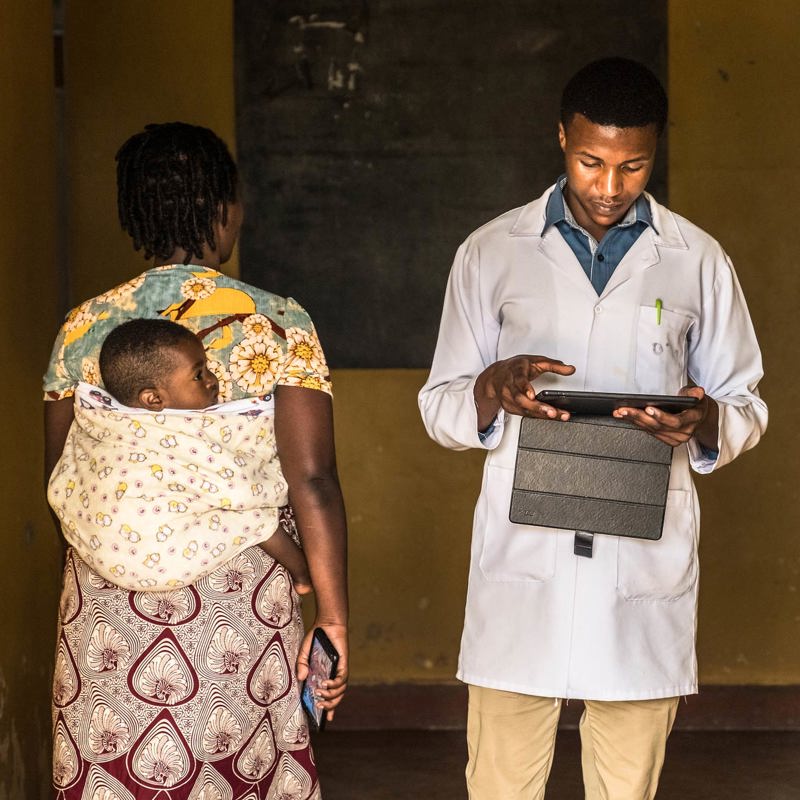
Primary school French teacher Aloys Butoyi has been passionate about educating children since he became a teacher over 20 years ago. Mr. Butoyi teaches at the Excel School in Musanze, Rwanda. Like most teachers, he remembers the COVID-19 pandemic as ...
-
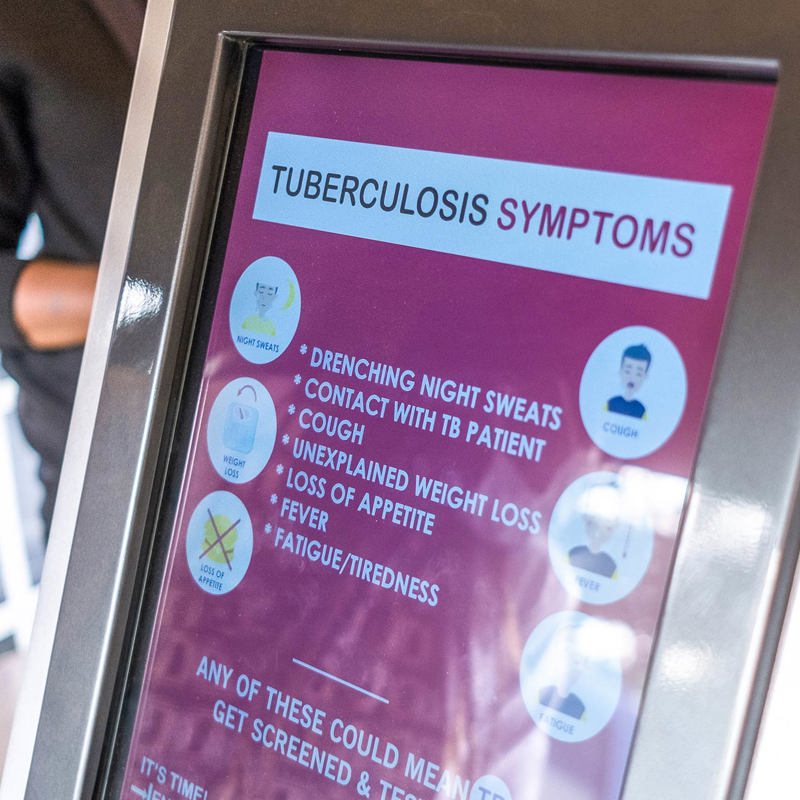
Tuberculosis (TB) remains one of the deadliest infectious diseases in the world, killing over 1.5 million people every year. Even more devastating is that TB is preventable, treatable and curable – but too often people most at risk can’t access the t...
-
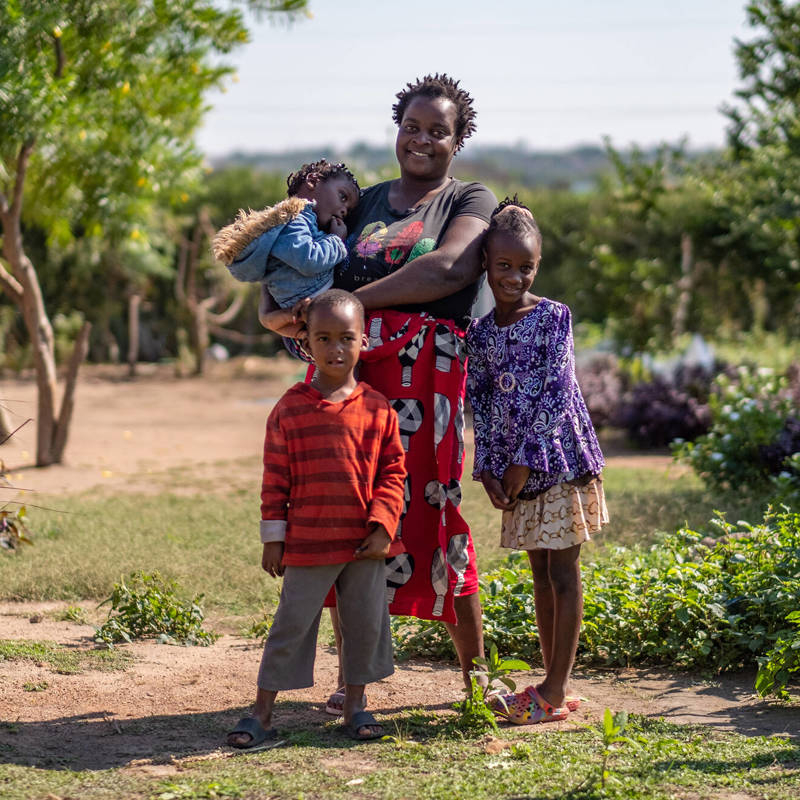
When the floodwaters started rushing through Celina Tembe’s home, a neighbor helped Celina and her three children to safety. “In the past, we knew that during the winter there would be no rain,” says Celina. “But nowadays it has become… normal.” Mos...
-
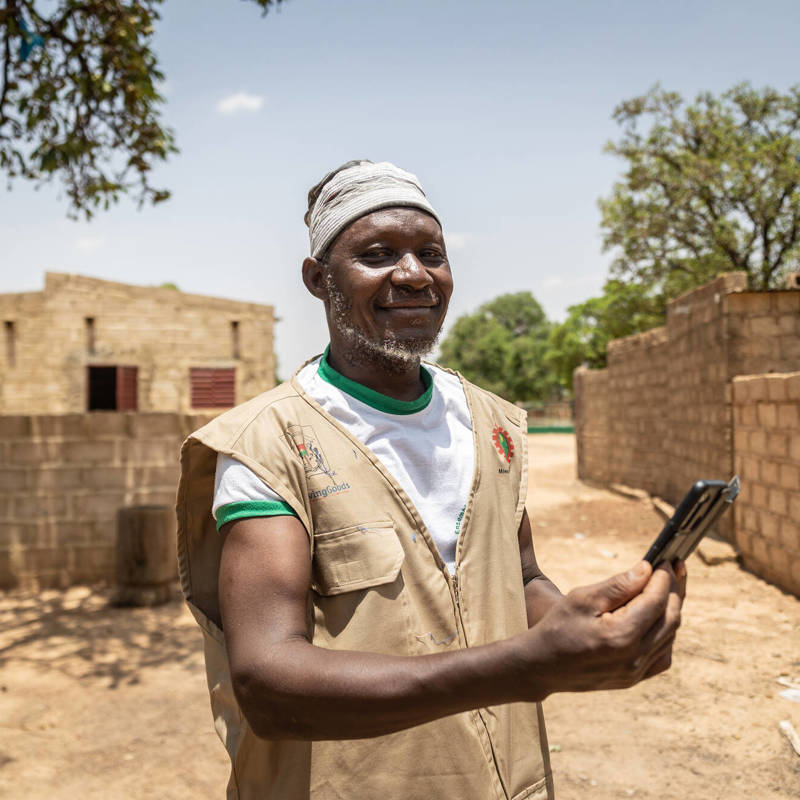
Community health worker Marc Ilboudo often provides care to the very youngest children in his village. Most days, he conducts at-home visits for families living in Pousghin, approximately 30 kilometers northeast of Ouagadougou, Burkina Faso’s capital...
-
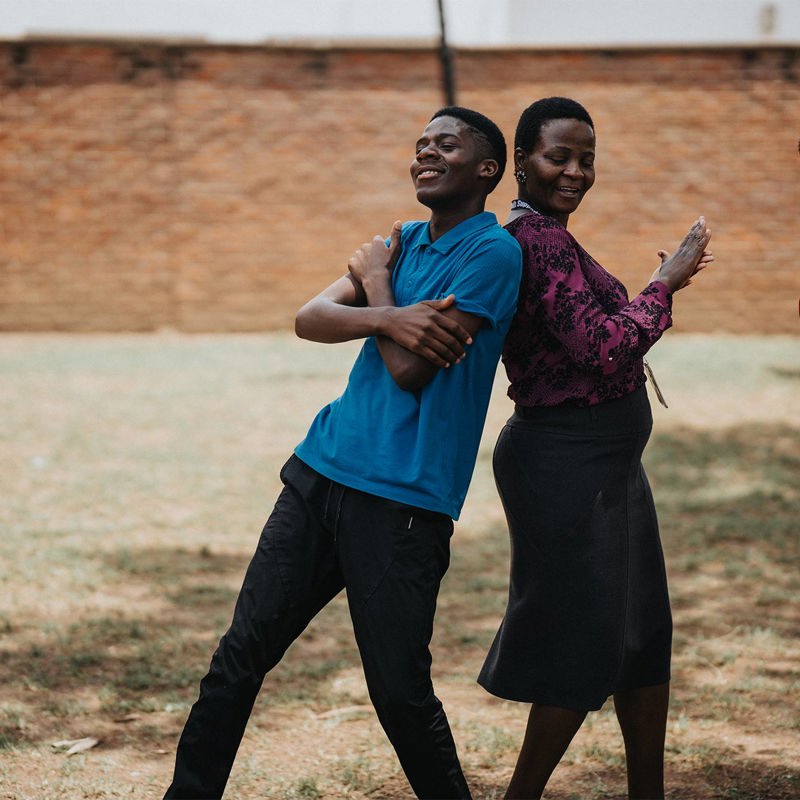
Innocent was only 6 years old when his father died from an AIDS-related illness. Soon after the little boy began feeling sick himself. After visiting multiple health centers, Innocent eventually ended up at the Baylor Foundation in Malawi’s capital c...
-
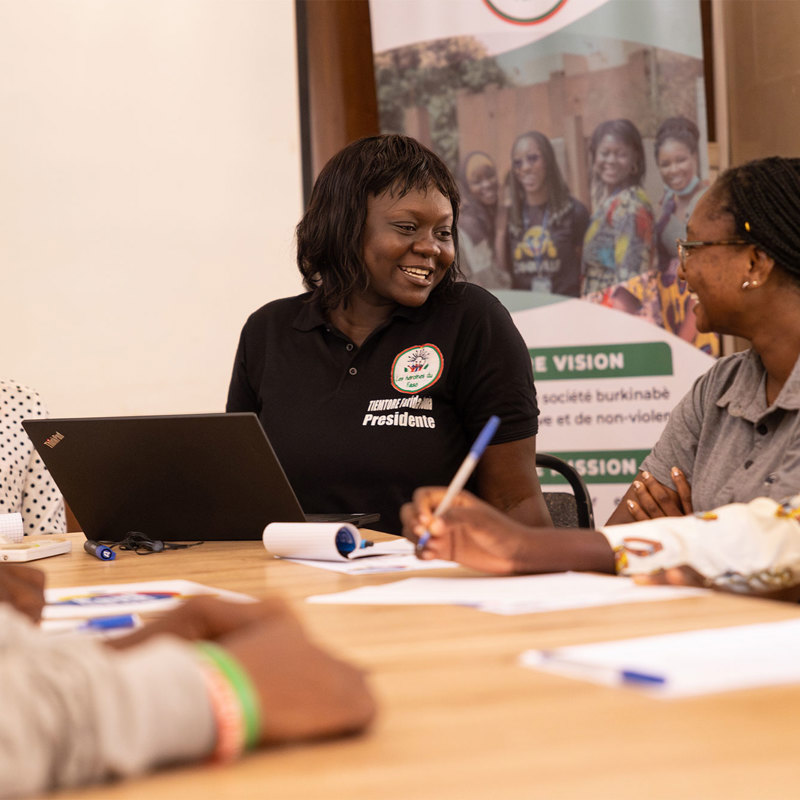
When Farida Tiemtoré was a 23-year-old student she had big dreams. “I said to myself, ‘Why not create something on the internet to enable people to get the right information?’ Straightaway, the blog let me connect with girls and with female role mode...
-
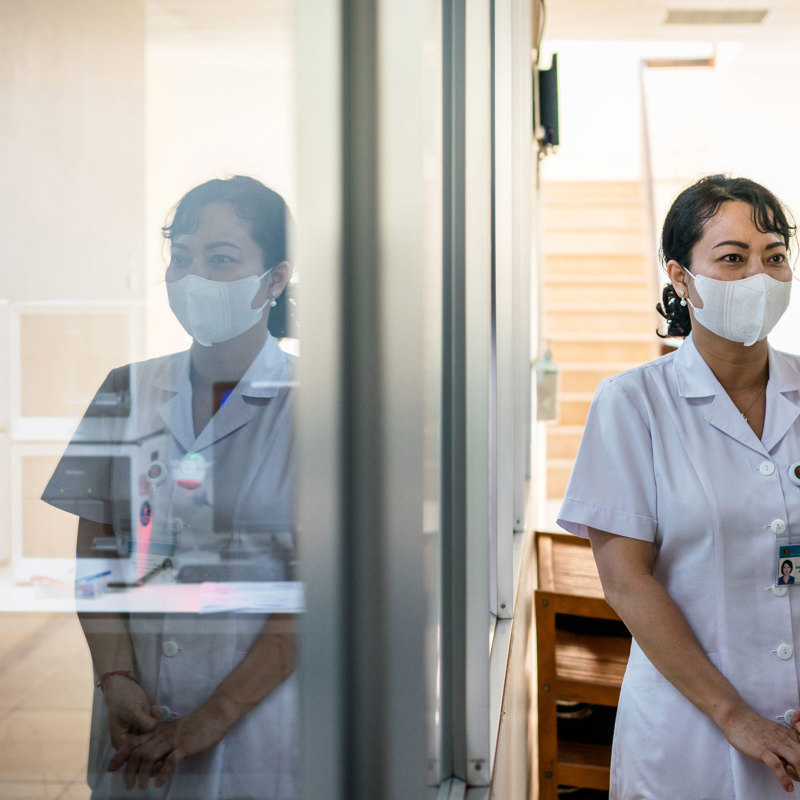
Across Viet Nam, health workers at every level of care – from national laboratories to village health centers – are overcoming obstacles to beat back HIV, tuberculosis (TB) and malaria.
 08 December 2023
08 December 2023 28 November 2023
28 November 2023 Health researcher Dr. Diocreciano Matias Bero leads the Wastewater Environmental Monitoring Program at Mozambique’s National Institute of Health. He recognizes that most people are turned off by what goes down the toilet – but studying that waste is ...
Health researcher Dr. Diocreciano Matias Bero leads the Wastewater Environmental Monitoring Program at Mozambique’s National Institute of Health. He recognizes that most people are turned off by what goes down the toilet – but studying that waste is ... 19 September 2023
19 September 2023 11 September 2023
11 September 2023 31 August 2023
31 August 2023 15 August 2023
15 August 2023 Innocent was only 6 years old when his father died from an AIDS-related illness. Soon after the little boy began feeling sick himself. After visiting multiple health centers, Innocent eventually ended up at the Baylor Foundation in Malawi’s capital c...
Innocent was only 6 years old when his father died from an AIDS-related illness. Soon after the little boy began feeling sick himself. After visiting multiple health centers, Innocent eventually ended up at the Baylor Foundation in Malawi’s capital c... 18 July 2023
18 July 2023 Across Viet Nam, health workers at every level of care – from national laboratories to village health centers – are overcoming obstacles to beat back HIV, tuberculosis (TB) and malaria.
Across Viet Nam, health workers at every level of care – from national laboratories to village health centers – are overcoming obstacles to beat back HIV, tuberculosis (TB) and malaria.